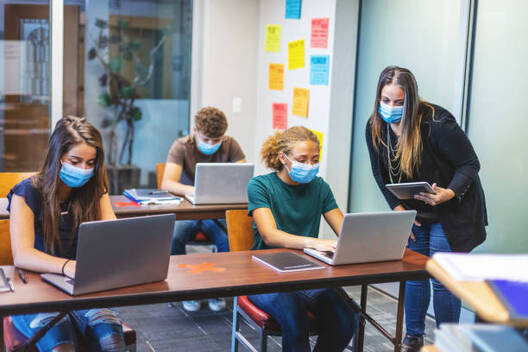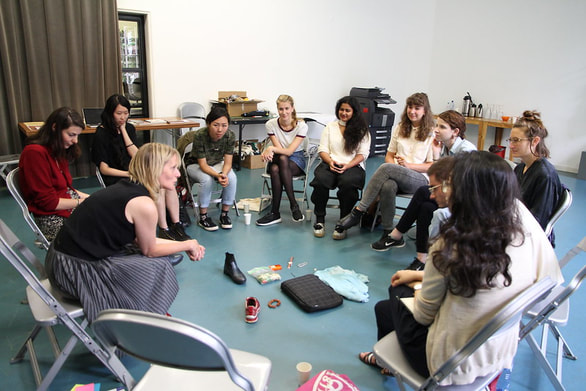Proponents of the policy say it is an affordable way to combat declining enrollment and removes a barrier for students who might otherwise not consider college. It is also a way to diversify an institution’s student body, with some schools showing an increase in minority students as well as males among admitted students.
Currently 10 states use system-level direct admissions, including Idaho, South Dakota, Minnesota, Vermont, Georgia, Indiana and Wisconsin. The majority of the colleges and universities implementing direct admissions are a state’s regional institutions and are not highly selective. The flagship colleges and a few other more competitive satellite campuses currently have not opted in to the program, but that could change in the future.
For more information, see Inside Higher Ed’s article.







 RSS Feed
RSS Feed